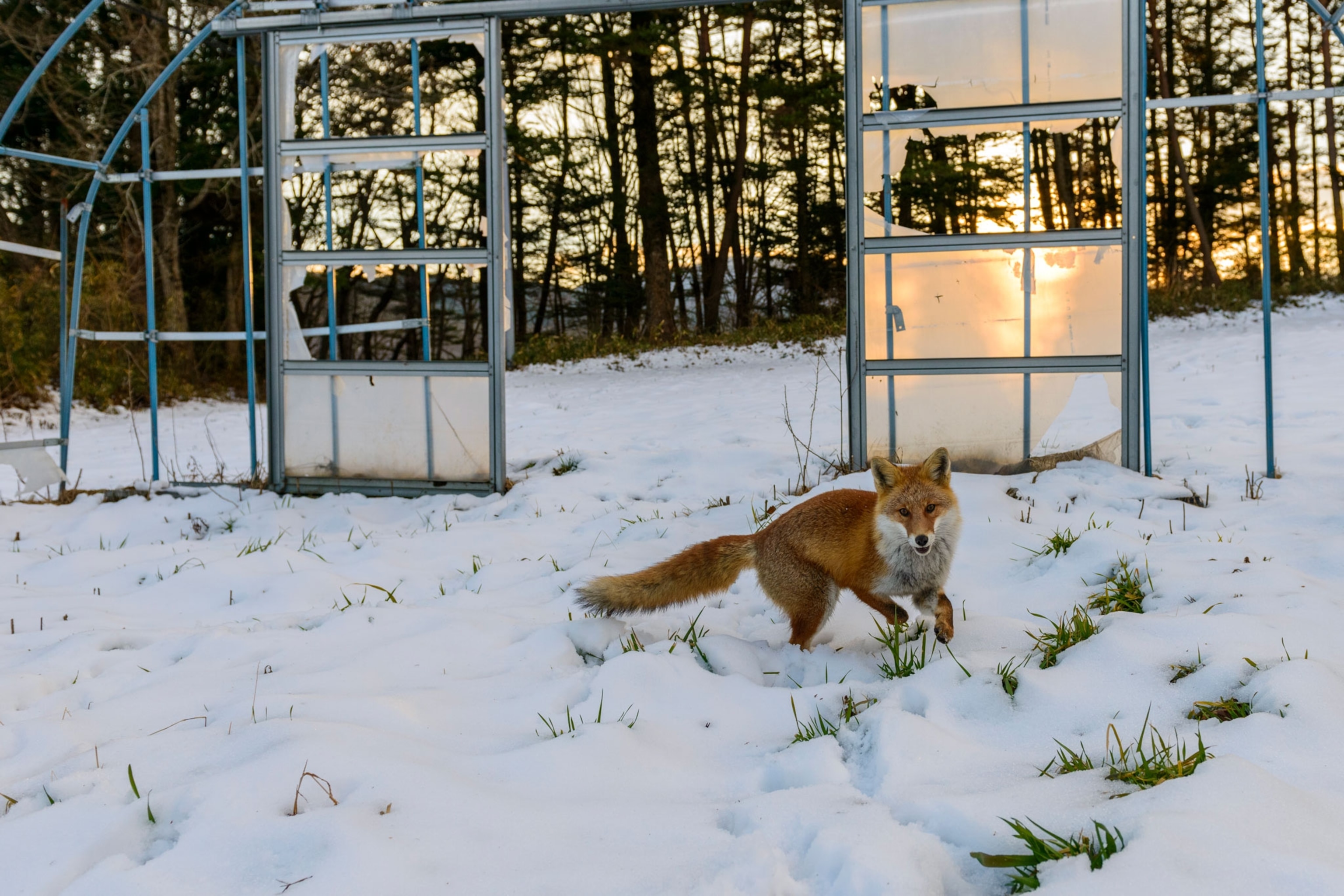Ten years ago the world saw its second worst nuclear accident in history—after Chernobyl—at the Fukushima Daiichi power plant in northeastern Japan after a magnitude 9 earthquake shook the ground for six minutes. Less than an hour later, a tsunami pummeled the country’s northern shores, bringing walls of seawater over 120 feet high, which flooded places six miles inland. Inundated emergency generators at the nuclear power plant failed, leading to a meltdown and subsequent explosion of three reactors.
More than 160,000 people fled a 310-square-mile area—the size of New York City—surrounding the plant as radioactive fallout spread. Many still have not returned home.
But the sudden disappearance of people had an unexpected upside for nature: Over the past decade, animals and plants have reclaimed the exclusion zone, where radiation levels are still too high for humans to return safely. Wild boars, Japanese macaques, and raccoon dogs, for example, are now more abundant in the exclusion zone, despite the higher radiation levels, than in nearby human-occupied areas, a 2020 study found. (The study did not look at the health effects of radiation on individual animals.) A similar phenomenon was observed in the exclusion zone around Chernobyl, in Ukraine.
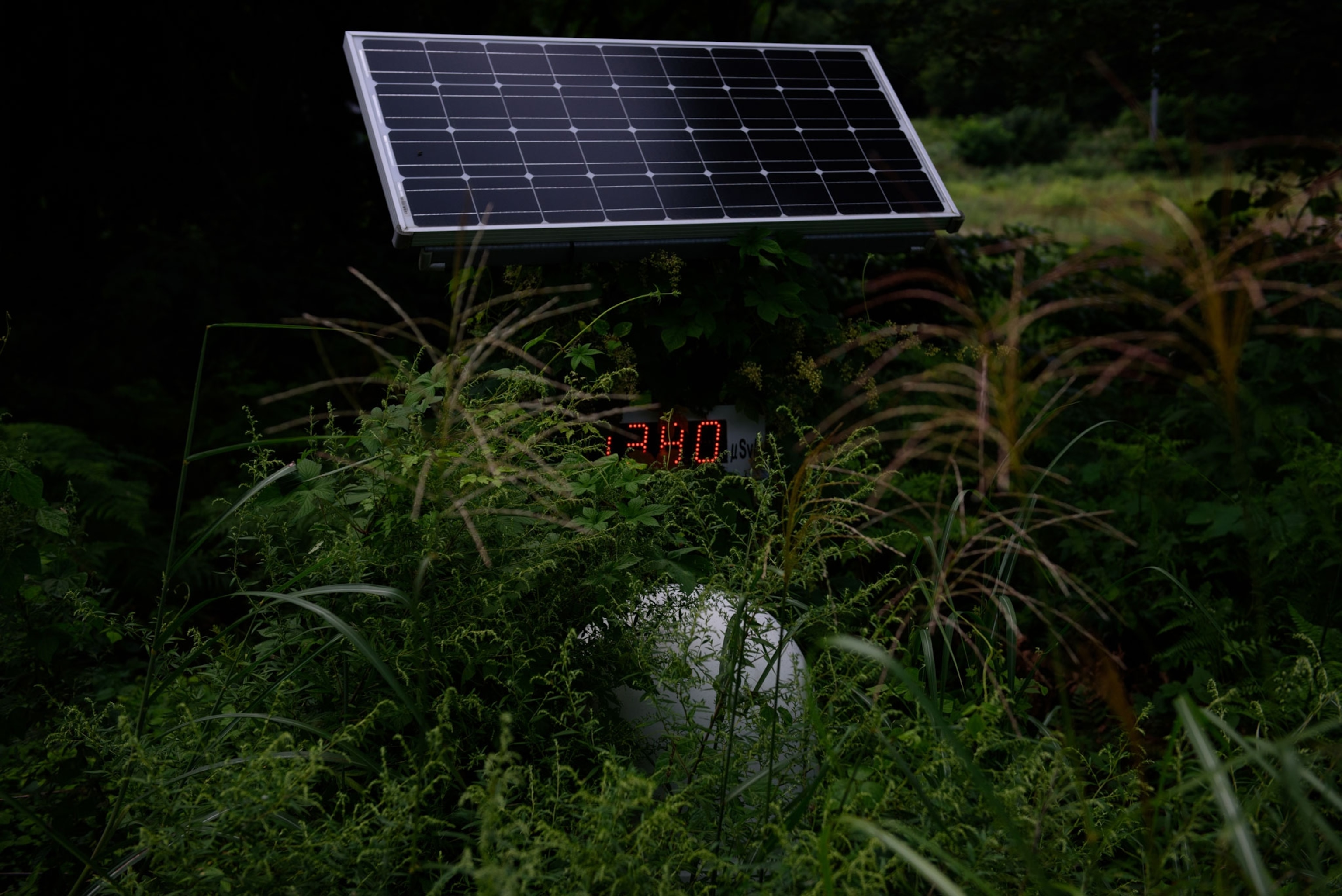
Photographer Manabu Sekine toured an abandoned area near the village of Iitate, where most of its population, about 6,000, was ordered to evacuate in the spring of 2011. His pictures show abundant plant and animal life, chronicled in the April 2021 issue of the Japanese edition of National Geographic magazine. His observations follow. (Read the story in Japanese here.)

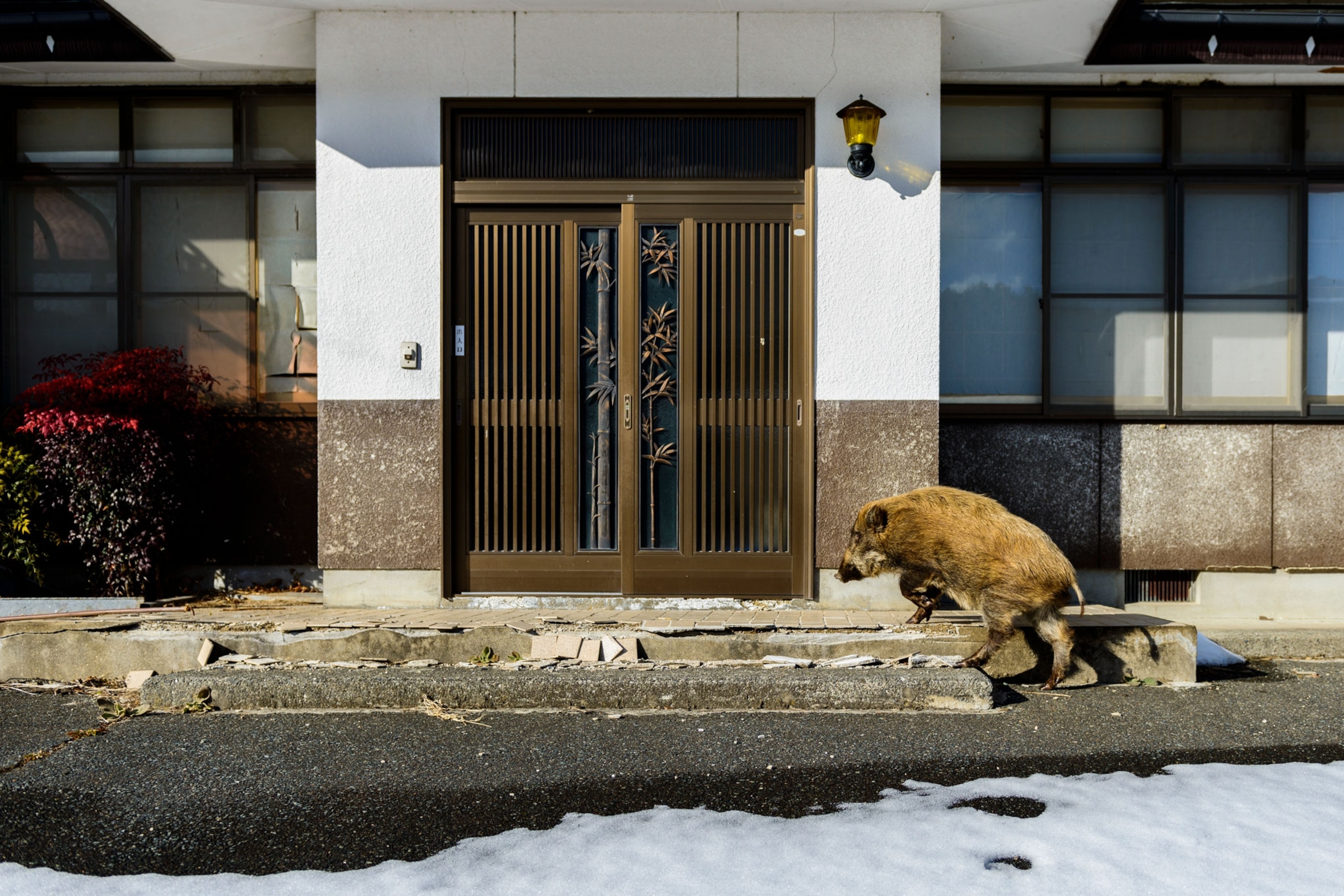
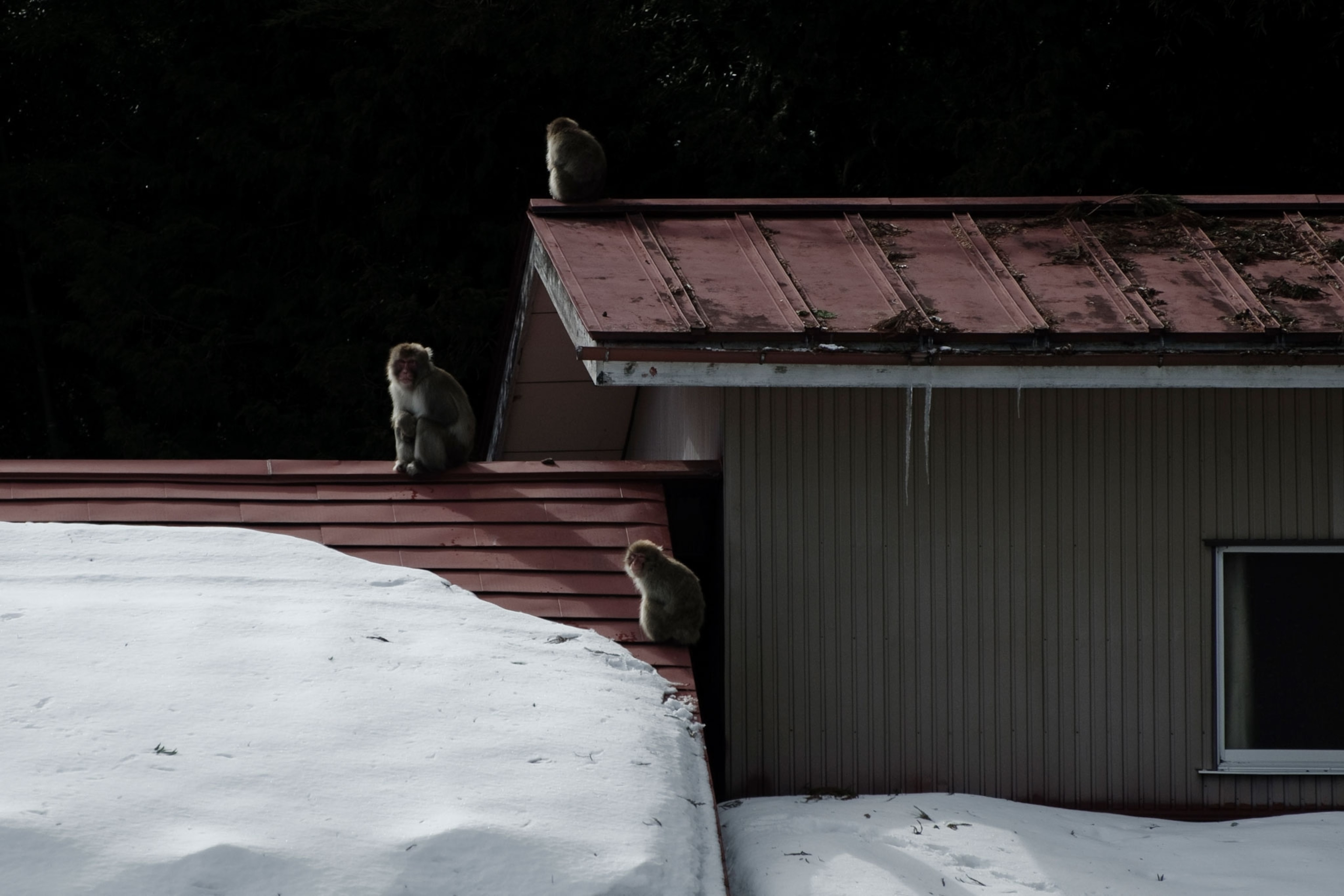
After the nuclear accident at the Fukushima Daiichi plant, high levels of radioactive material rained down on the village, rendering it unlivable.
The villagers were gone, but I wondered: What happened to the wildlife? So just a few months after the accident, in June of 2011, I visited the area.
Contrary to my expectations, the plants, trees, and flowers in the contaminated area were alive with vivid colors. Bees and butterflies flitted about villagers’ gardens. I was relieved to see wildlife—and surprised by its strength. But would living in a high-radiation environment affect the creatures in the future?
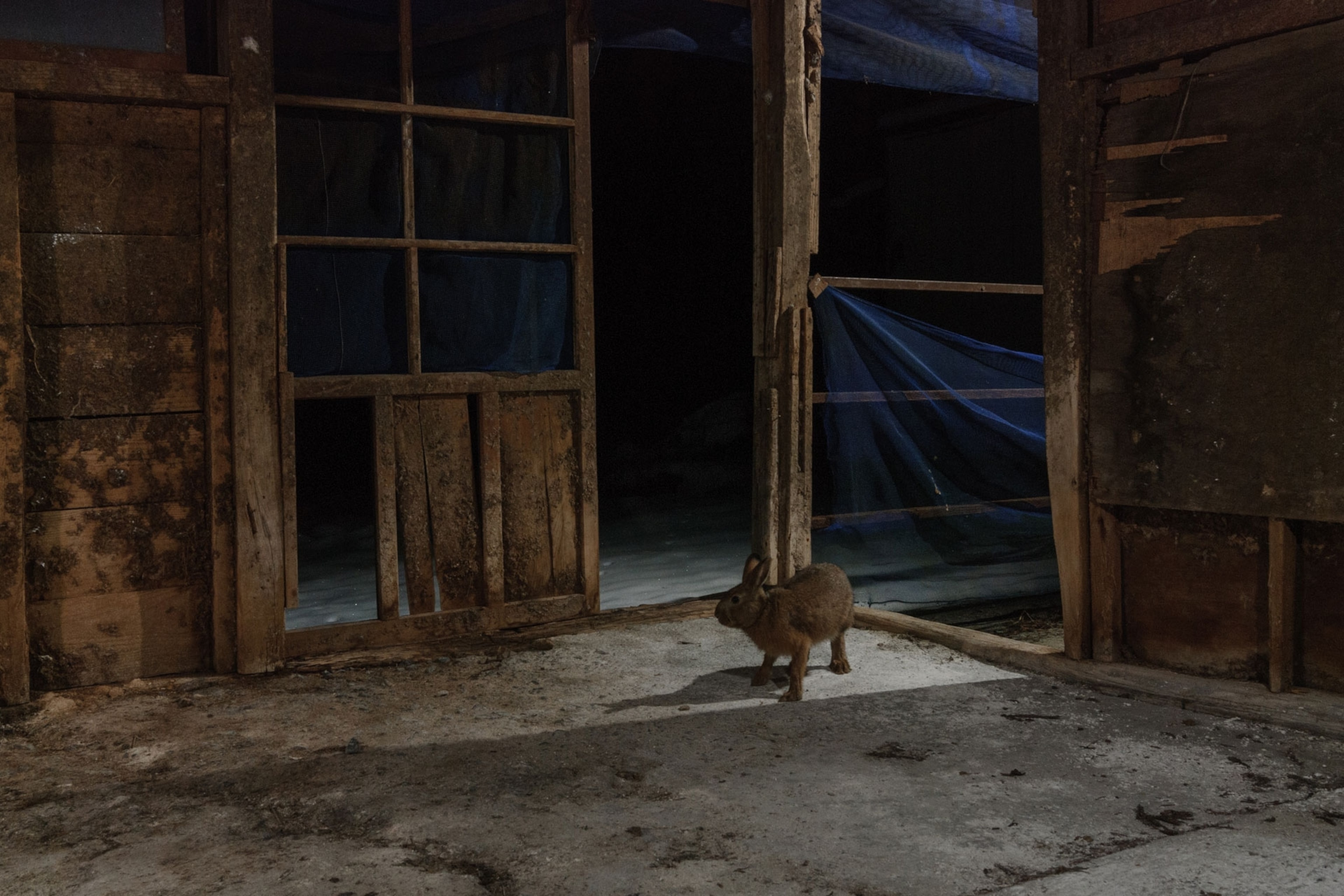
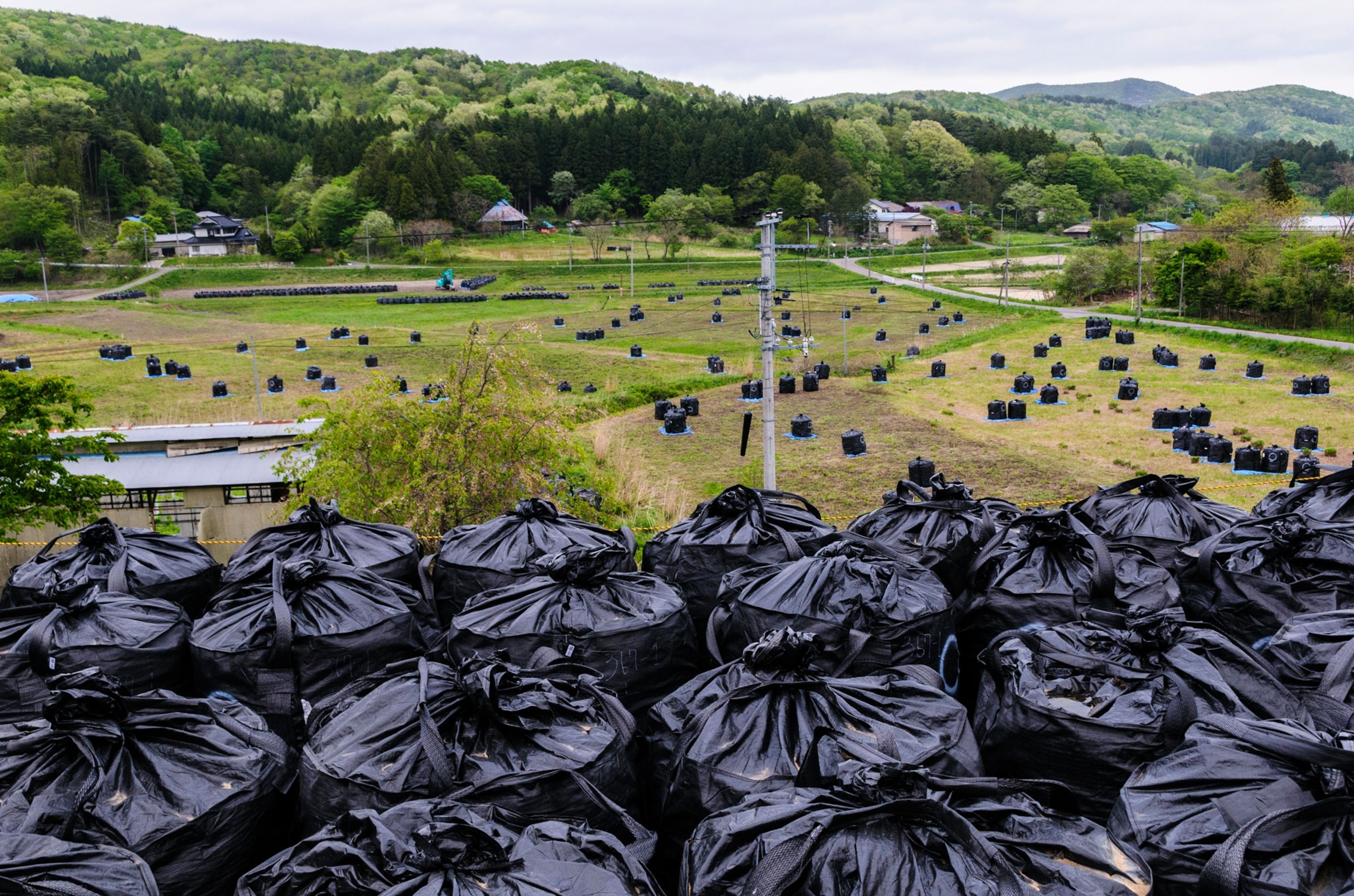
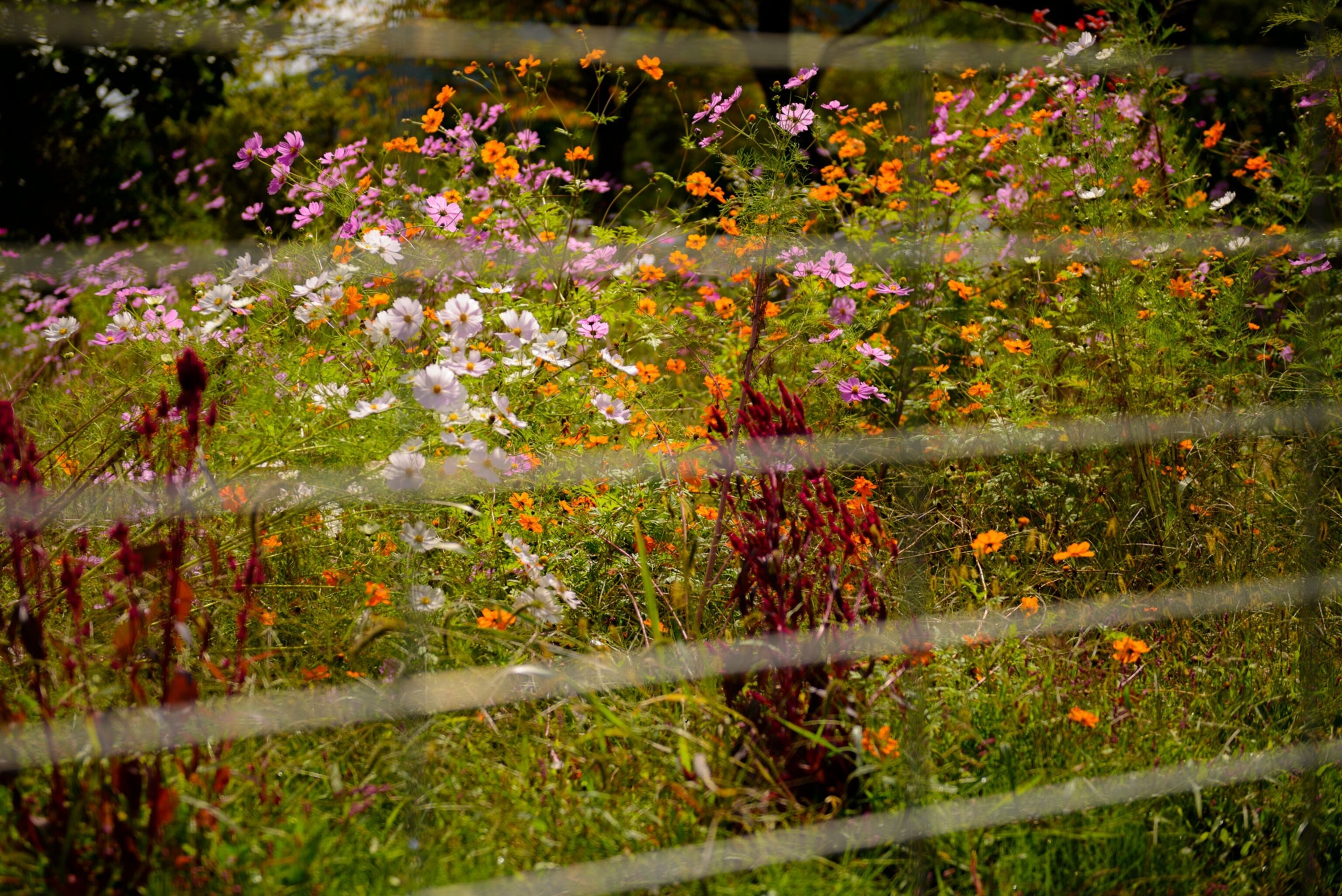
A few years later, I returned. The untended rice fields had dried up and were overgrown with grass. Willow trees had sprouted and expanded into groves. Chestnuts and persimmons, once grown by villagers, now fed wild animals. Rundown houses and fields apparently became the perfect breeding grounds for wild boars, which proliferated. Now they’ve become a threat to the residents living just outside the exclusion zone.
Though wildlife do not appear to be affected by the radiation, we can’t say for certain whether that’s true, now or in the future.
To my eye, these living things seem to be more affected by the presence of humans than by radiation. I’ve seen the nature that prospers here, and I know that to be true.
This story was originally published in the April 2021 Japanese edition of National Geographic magazine.
